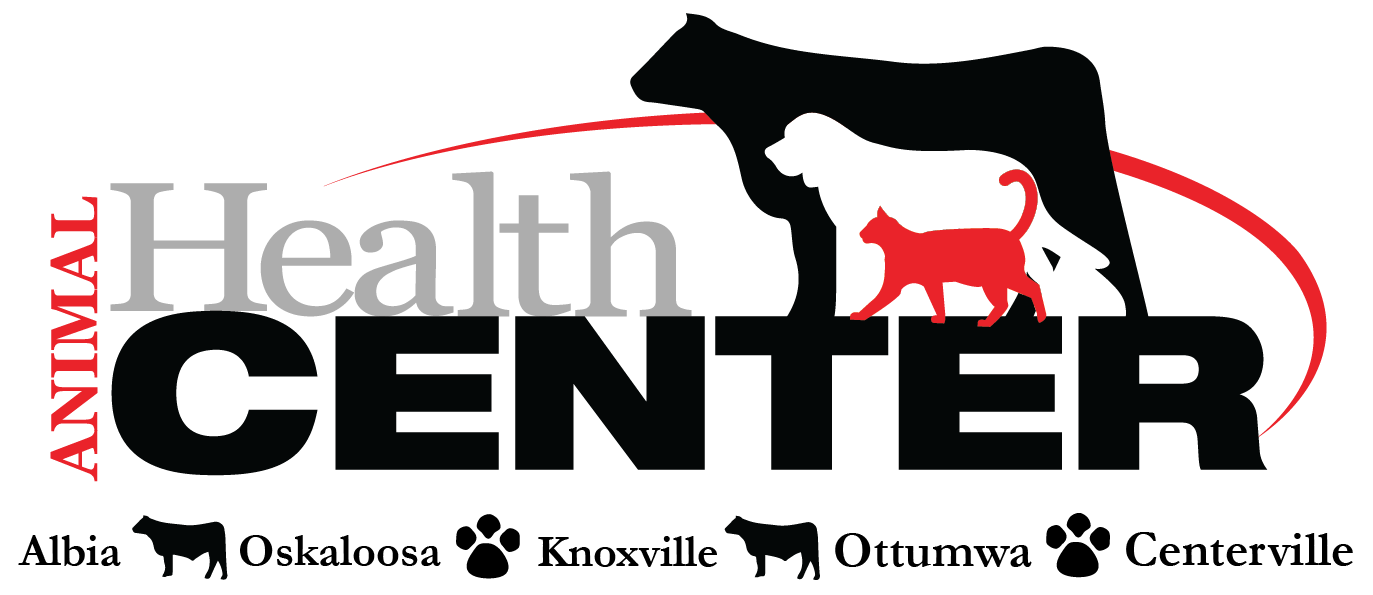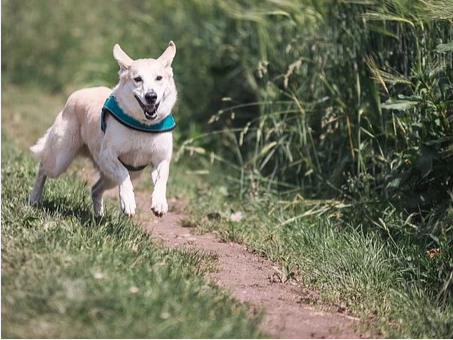October is National Pet Obesity Awareness Month, a time to focus on helping your pet get in better shape, to lower their risk of weight-related disorders, and to lengthen the span of their lives.
As a pet owner, it’s your duty to prioritize their health, including making sure they are fed correctly and providing them with adequate exercise. When you pet is obese these are some of the serious health issues they are likely to face:
- Joint Problems: Carrying excess weight puts stress on your pet’s joints. Overweight pets suffer from increased force on their joints, as well as inflammation from the extra fat tissue. Signs of osteoarthritis in pets include reluctance to exercise, decrease in overall activity, stiffness, lameness, and inability to jump. Your pet may show behavioral issues indicating their joints are uncomfortable, such as taking the stairs slower than normal, or urinating outside the litter box because it’s too painful to jump.
- Diabetes: Obesity is a significant risk factor for the development of diabetes in pets. Diabetes is an illness that requires lifelong treatment with special diets, a good fitness regimen, and (particularly in dogs) daily insulin injections. Signs of diabetes in pets include excessive water drinking and increased urination, weight loss, decreased appetite, cloudy eyes, and chronic or recurring infections.
- Liver Disease: Your pet’s organs work harder than normal when they are overweight. Fatty liver disease is an illness that causes your pet’s liver to be so overtaxed with processing and storing fat that it can’t perform its other essential function of ridding the body of toxins. While fatty liver disease is more prominent in cats than dogs, both can have this disease. Symptoms include loss of appetite, rapid weight loss, jaundice, vomiting, excessive salivation, diarrhea or constipation, and depression.
- Breathing Issues: Fat in the chest and abdomen can restrict the ability of your pet’s lungs to expand, making it difficult for them to breath. Overweight pets are also more prone to a collapsing trachea and laryngeal paralysis. Signs include your pet gets tired quickly during regular walks or activity, panting without exercising, and noisy and labored breathing.
Obesity affects the health and wellbeing of your pet for the rest of their lives – it’s best to start them on a healthy track sooner rather than later. If you’re unsure of your pet’s weight, then it’s time to book a wellness exam with our team. Through nutritional counseling, we’ll identify a veterinarian-approved food that is best for them and will find a serving size to fit their needs. We will also advise on the level of activity your pet needs to reach and maintain a healthy weight as every pet varies. Contact us today!



